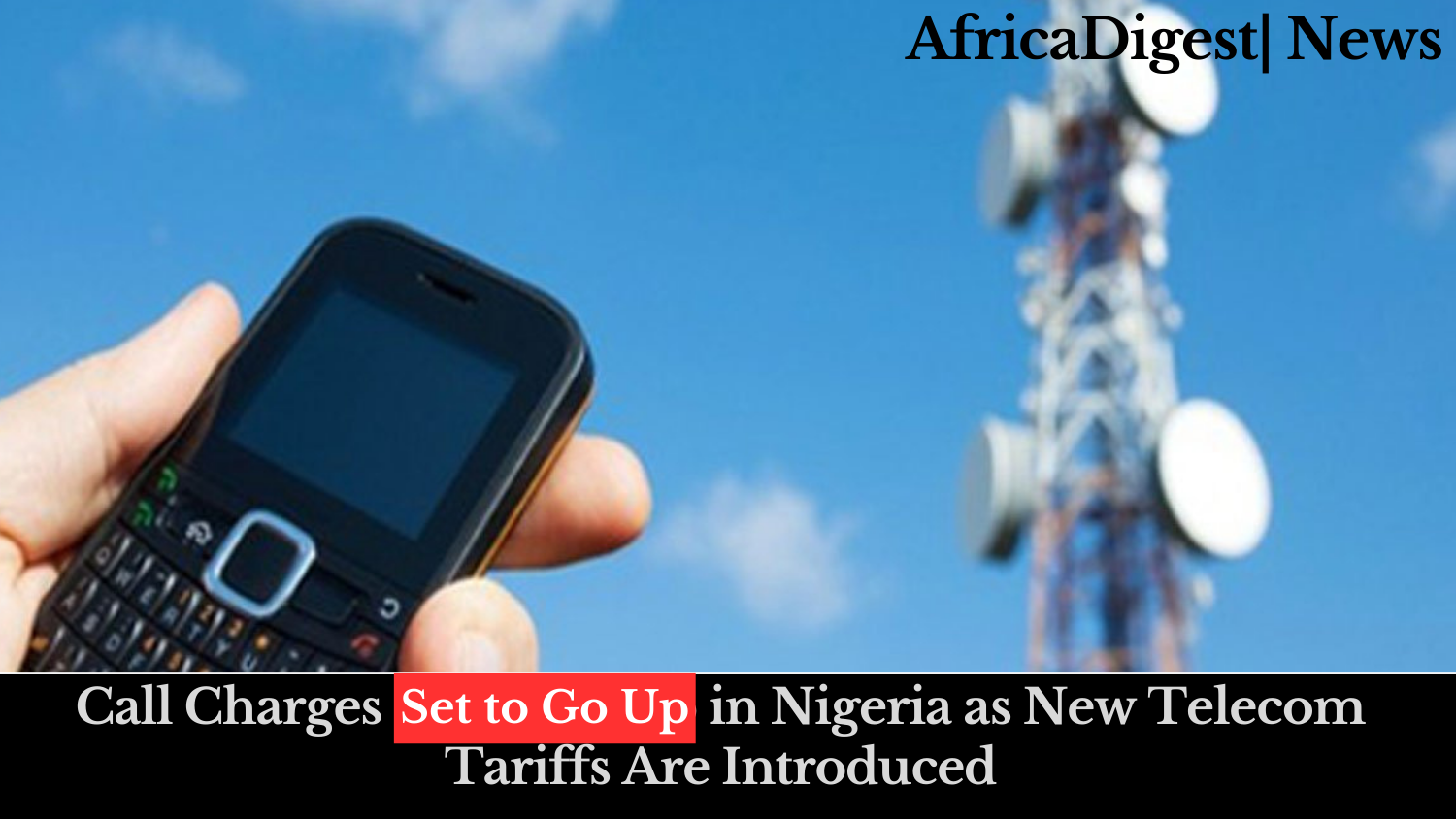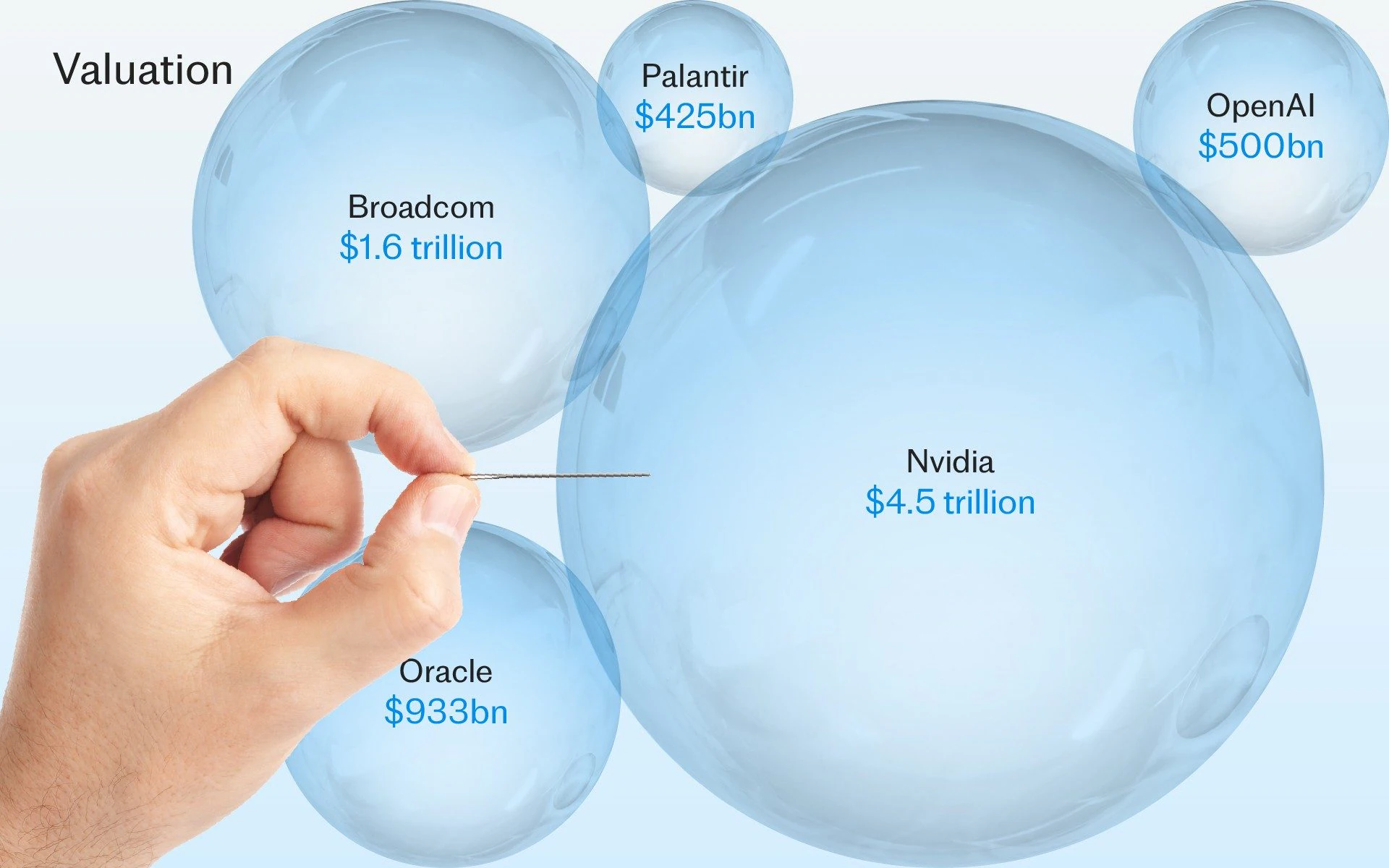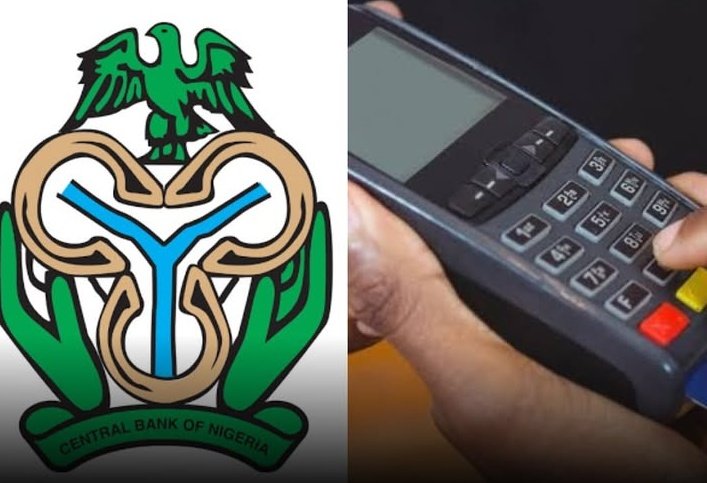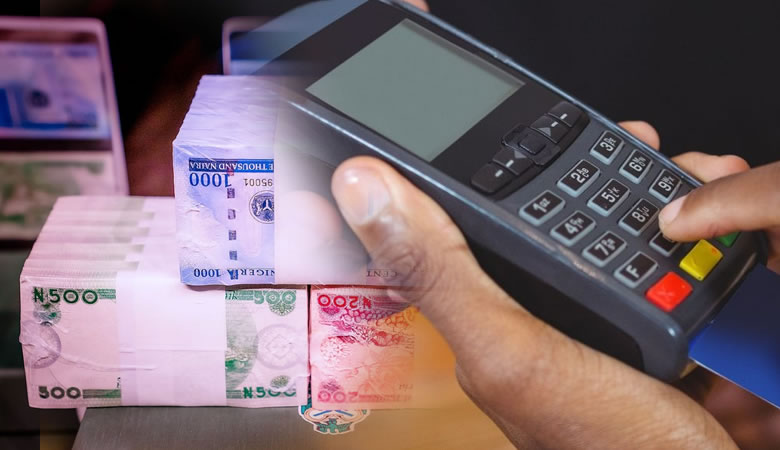Starting today, Nigerian telecom users will face increased costs for voice calls, SMS, data plans, and other telecommunication services.
This long-anticipated tariff adjustment follows years of pressure from telecom operators who have argued that rising inflation and the devaluation of the naira have made current rates unsustainable.
Impact on Consumers
The price hike is expected to impact consumers significantly. Telecom companies had previously proposed a 40% increase, which would have translated to a phone call cost of ₦15.40 per minute (up from ₦11), SMS charges of ₦5.60 (up from ₦4), and a 1GB data bundle price of ₦1,400 (up from ₦1,000). While the actual increase may be lower than this initial proposal, it is certain to affect the budgets of many Nigerians.
The Case for Tariff Adjustments
Operators argue that the current tariff structure is no longer sustainable. The rising cost of infrastructure, energy, and other essential inputs has eroded profit margins, making it increasingly difficult to maintain service quality and invest in network upgrades.
“We understand the need for a phased approach,” emphasised Dinesh Balsingh, CEO of Airtel Nigeria, in a recent interview. “While the tariff adjustments are necessary, we are committed to supporting our customers through gradual changes.” This acknowledgement of the consumer burden highlights the sensitivity of this issue.
READ ALSO:
Call Charges to Hike in Nigeria as Telecom Giants Seek 100% Tariff Increase
Balancing Act: Consumer Needs vs. Operational Costs
A tariff increase, however necessary, could worsen the financial strain on consumers already grappling with economic hardships. This delicate balancing act requires a careful and considered approach.
Operators must demonstrate a clear commitment to using any tariff increases to improve service quality, expand coverage, and enhance the overall customer experience.
Government Intervention: A Step Towards Sustainable Growth
Recognising the critical role of telecom infrastructure in national development, the Nigerian government is taking proactive steps to support the sector.
The ambitious plan to deploy a 90,000 km fibre optic network across the country is a significant stride towards expanding broadband access to all 774 local governments.
This government-led initiative will not only improve connectivity but also alleviate some of the infrastructure investment burden on private telecom operators.This project, expected to commence in the second quarter of 2025, will lay the foundation for a robust and interconnected digital infrastructure.
Minister Confirms Hike, Assures Reasonable Increase
The Minister of Communications, Innovation, and Digital Economy, Bosun Tijani, confirmed the impending price hike during a stakeholders’ meeting on Wednesday.
While acknowledging the need for tariff adjustments, he reassured the public that the increase would not be as drastic as the 100% increase some operators had previously sought. Tijani explained that operating costs for telecom companies have skyrocketed by over 300% in the past 18 to 24 months.
Navigating the Changing Landscape
This tariff adjustment marks a significant shift in the Nigerian telecommunications landscape. As prices increase, consumers may explore alternative communication methods, such as over-the-top (OTT) services like WhatsApp and Telegram, which offer voice and messaging services at lower costs.
Overview of Nigeria’s Telecommunication Landscape
The Nigerian telecommunication industry has grown significantly over the years, with the Top 10 telecommunication companies in Nigeria dominating the market.
Many individuals rely on Nigeria telecom phones for communication and often seek a reliable Nigeria telecom contact number for support.
READ ALSO:
Spiro to Pioneer Electric Vehicle Assembly in Nigeria
The Nigeria telecom operators market share highlights the competition within the sector, and the List of mobile telecommunication companies in Nigeria provides insights into the key players.
Additionally, Nigeria telecom customer care is an essential service, ensuring customers receive assistance promptly. A comprehensive Nigerian telecommunication industry analysis showcases the trends and performance of major players like MTN Nigeria, which has consistently remained a leader in the market.
Looking Ahead
The telecom industry plays a crucial role in the Nigerian economy, facilitating communication, commerce, and social interaction. This price hike will undoubtedly have a ripple effect across various sectors.
It remains to be seen how consumers and businesses will adapt to these new costs and whether the increased revenue will enable telecom companies to improve service quality and infrastructure.







Leave a Reply